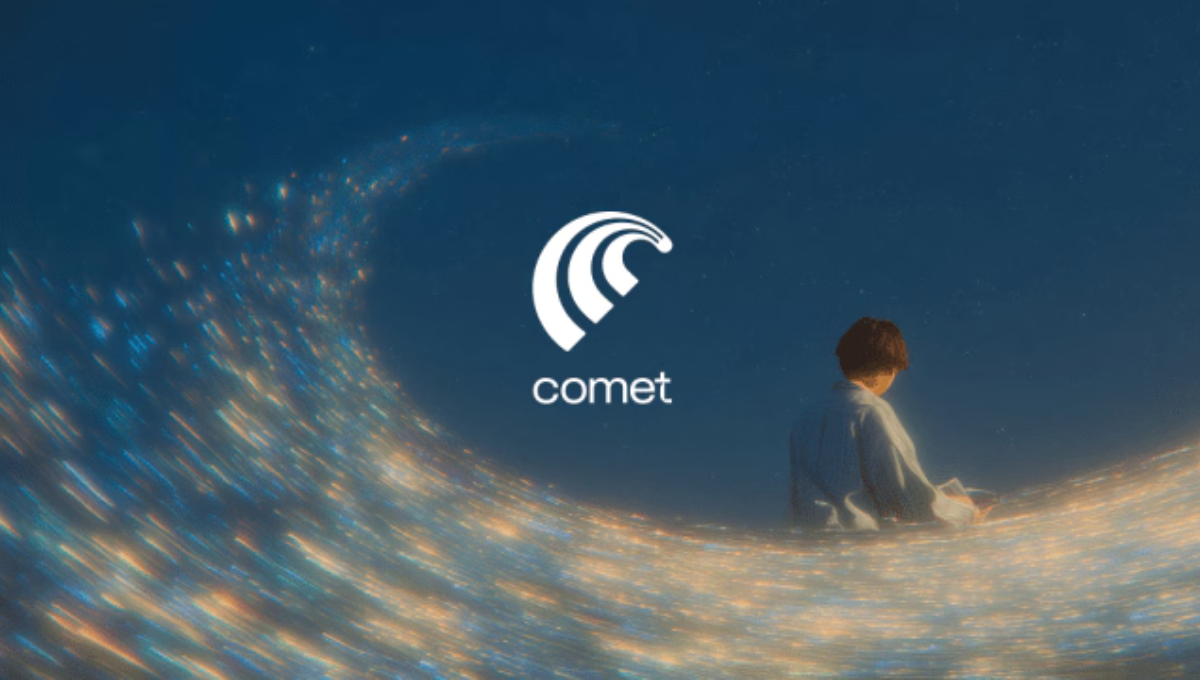Perplexity has officially launched its AI-powered browser, Comet, for both Mac and Windows users—and it’s completely free. Designed to support users who rely heavily on the internet for work, research, and day-to-day tasks, the browser runs on Perplexity’s own search engine.
Previously accessible only to those subscribed to Perplexity Max, Comet sets itself apart from conventional browsers like Chrome or Firefox. Instead of tabs, it uses a workspace interface that allows users to easily view and manage the information they’re working with. The demand for access has been high, with millions joining the waitlist in recent months.
At the heart of Comet is its AI assistant—Comet Assistant—similar to Microsoft’s Copilot in Edge. This assistant can answer questions about webpages, provide summaries, and even help users navigate through sites. It tracks user behavior, such as what pages they’ve visited or what they’re working on, and offers content suggestions tailored to their interests. Comet also automatically closes inactive tabs and reminds users of where they left off in previous sessions.

Each new tab in Comet launches with its own AI assistant, allowing users to hold separate conversations or research threads at the same time. Beyond just browsing, Comet comes with a suite of tools like Discover for curated news and content, a Shopping assistant to compare prices, and other sections like Travel, Space, Finance, and Sports.
However, not every feature is unlocked for free users. The Email Assistant, which helps craft responses in a user’s tone, is limited to Max subscribers. Another premium tool is the “background assistant,” which can carry out tasks behind the scenes while the user continues with other work.
What sets Comet apart is its goal to eliminate the usual friction users face with traditional search engines. While this approach might appeal more to people who use the internet as a core part of their daily workflow, it may not attract casual browsers right away. Still, it could become a strong alternative for those who need more from their browser than what Chrome or Opera can offer.
Also Read:
With its latest acqui-hire, OpenAI is Doubling down on AI-powered personalized consumer AI
Fujitsu Expands Partnership with NVIDIA to Build Full-Stack AI Infrastructure









